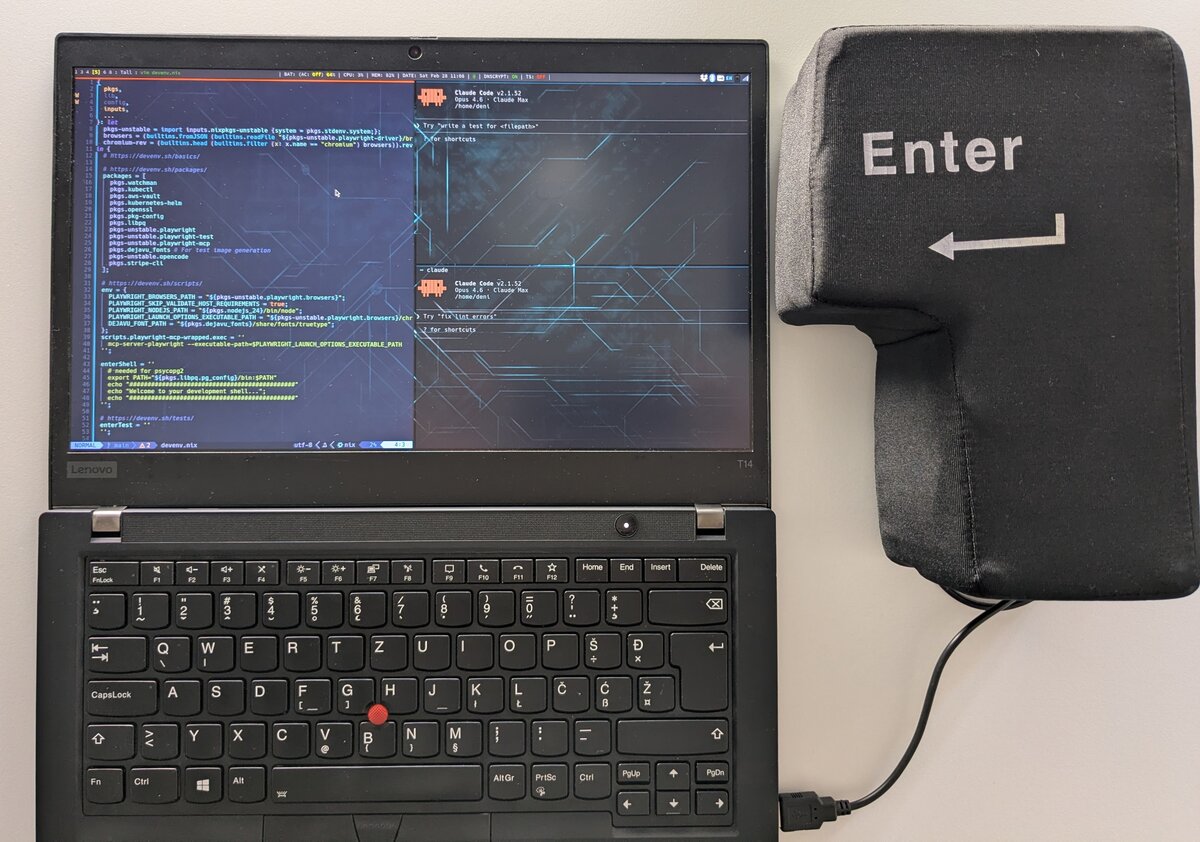You can just build things

Somewhere around summer 2025 I started taking AI coding agents1 more seriously. I’d been somewhat dismissive of them for a while - the early versions produced code that looked plausible but fell apart rather quickly. They would often get stuck and make silly mistakes. The newer models are different. Not because they magically write perfect code, but because they’re good enough to be directed. You tell them what to build, how to structure it, and they do the mechanical work while you make the decisions. The code is not the most effective and most beatiful but I don’t really care since I can change it so easily.
It clicked when I rebuilt the core of pixbin.net in about two hours. Pixbin is a super simple image sharing service I’ve been running since 2012 - drag and drop upload, auto-expiring images, shareable links. The codebase was showing its age and I’ve been putting off a rewrite/upgrade for years. With an agent handling the boilerplate while I focused on architecture and review, the whole thing came together in a single sitting on a hot summers day. Django, Celery for background image processing, S3 storage, Kubernetes deployment configs. Two hours. And then I started adding features!
This changed how I looked at my project backlog and list of ideas.